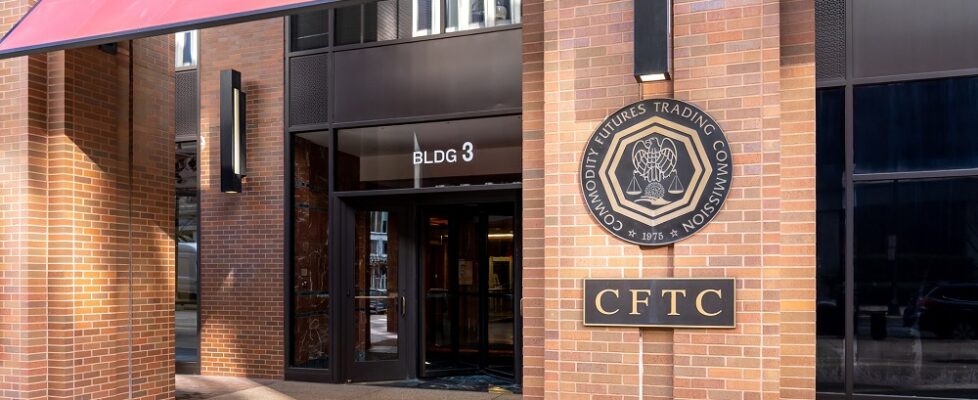CFTC engages in settlement talks in Berkley Capital Management case
The Commodity Futures Trading Commission (CFTC) and Arie Bos, one of the defendants in a $4.8 million binary options fraud case, have engaged in settlement talks. This becomes clear from documents filed by Bos with the Illinois Northern District Court.
The documents, seen by FX News Group, state that the CFTC and the defendant have participated in two settlement conferences presided over by the Honorable Magistrate Judge Jeffrey Cummings. The parties have exchanged information and engaged in settlement discussions.
The parties believe that a settlement can be reached.
Let’s recall that, on May 1, 2019, the CFTC filed its complaint against William Thomas Caniff, Arie Bos, Berkley Capital Management, LLC, BBOT 1, LP, and Berkley II, LP. The Complaint charged the Defendants with fraud in connection with a scheme whereby they are alleged to have fraudulently solicited and accepted at least $4.8 million from at least 62 commodity pool participants for the purpose of trading binary options in pool accounts to be managed by BCM.
Caniff is alleged to have lied on his account application at the binary options trading firm, the North American Derivatives Exchange, Inc. (“NADEX”), to conceal an extensive criminal background. Caniff used only a small portion of participants’ funds to trade binary options through this NADEX account and sent Bos fabricated statements reflecting exaggerated reports of profits made while trading.
The CFTC also alleges that Bos ignored numerous red flags and recklessly accepted Caniff’s reports of profitable trading without reasonably verifying the results and then used those results to both solicit participants with claims of past profitable trading and to generate false statements that he sent to them showing grossly-inflated profits.
Caniff is alleged to have misappropriated a substantial portion of the participants’ funds, paying Bos and himself between $1.1 million to $1.2 million each as “fees” based on false profits. The Complaint also alleges that Caniff misappropriated funds to pay some participants a total of $2.3 million in a manner akin to a Ponzi scheme, leaving an investor shortfall of approximately $2.5 million.




